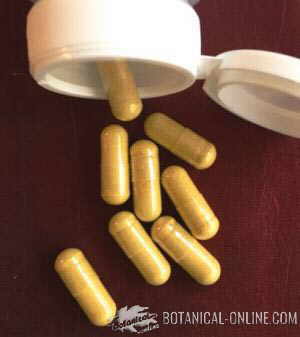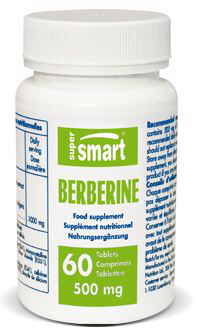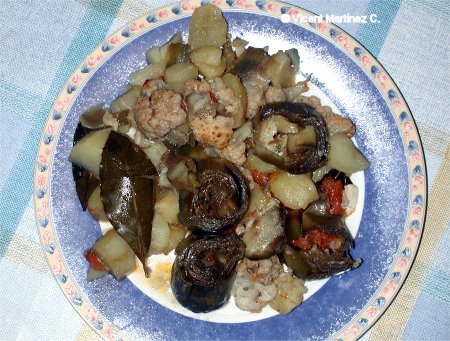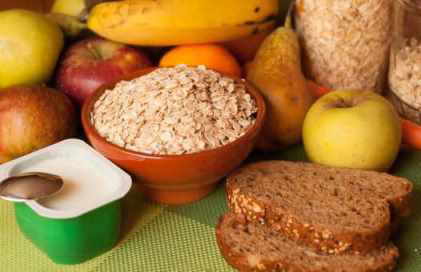Contents
- 1 How to use berberine supplements
- 1.1 What is berberine and what is it used for?
- 1.2 Uses of berberine
- 1.3 Where to buy berberine supplements?
- 1.4 Recommended berberine supplements
- 1.5 How do you take berberine?
- 1.6 Can you take too much berberine at one dose?
- 1.7 Should it be taken on an empty stomach or with meals?
- 1.8 How to increase intestinal absorption of berberine
- 1.9 Deworming medicinal plants rich in berberine
How to use berberine supplements
What is berberine and what is it used for?

Berberine is a supplement obtained from plants such as barberry (Berberis vulgaris) and is primarily used for the natural treatment of diabetes and obesity. More and more scientific studies confirm this supplement’s properties in its role in preventing high blood sugar levels, thus helping to prevent many diabetic complications.
Uses of berberine
Among the main uses of berberine are:
- High blood sugar
- High cholesterol and triglycerides
- Diabetes
- Heart health
- Obesity
- Parasites
- Arthritis
Where to buy berberine supplements?
Berberine supplements can be found in pharmacies, parapharmacies, and specialized health food stores, as it is marketed as a dietary supplement. There are also trusted online stores that also offer good products. However, there are a number of details that we have to pay attention to ensure we purchase a good berberine supplement.
Recommended berberine supplements

It’s recommended to look for supplements that guarantee a minimum content of the active ingredient (berberine) and that this content is clearly expressed on the label. When purchasing a berberine supplement, it is expected to contain at least 300 mg of berberine per tablet or dose.
How do you take berberine?
The standard dosage used in berberine treatments, based on the results of scientific studies, is 900–3,000 mg of berberine per day, divided into three or four dosings.
Because it is metabolized very quickly, the dose is usually divided. In scientific studies, 500 mg of berberine is typically used, 30 minutes before main meals. In some cases, higher doses of 0.8 g (800 mg) or even 1.5 g (1,500 mg) of berberine have been used, 30 minutes before meals.
In diabetes, it is not recommended to exceed 2 grams of berberine per day (do not exceed 2,000 mg of berberine per day).
Can you take too much berberine at one dose?
It is recommended to separate the doses of berberine during the day. Taking too much berberine at once can cause digestive discomfort, stomach upset, cramps, and diarrhea.
Should it be taken on an empty stomach or with meals?
Berberine is best taken with or shortly after meals to benefit from the plant’s effects in lowering high blood sugar and lipid levels.
It can also be taken on an empty stomach, as it has no risk of causing hypoglycemia. It is important not to combine this supplement with medications (antibiotics, antidiabetics, metformin, etc.), as adverse effects may occur. Women should also not take it during pregnancy.
How to increase intestinal absorption of berberine
It has been observed that taking berberine with a little (a small amount is enough) coconut oil, coconut milk or coconut cream increases its absorption, due to the presence of a type of fat called capric acid (a fatty acid present in coconut fat).
Deworming medicinal plants rich in berberine
For its use as a dewormer, scientific studies have surprisingly observed that berberine is more effective when used in plant form than when obtained in tablet form, suggesting a synergistic effect between berberine and other plant components.
In that case, it may be helpful to obtain berberine from herbalists, through plants such as Chinese goldthread (Coptis chinensis) and barberry (Berberis vulgaris). (In these studies, ethanolic extract of the plant is used in lotions or pharmaceutical preparations).
![]() More information on contraindications and properties of berberine
More information on contraindications and properties of berberine








